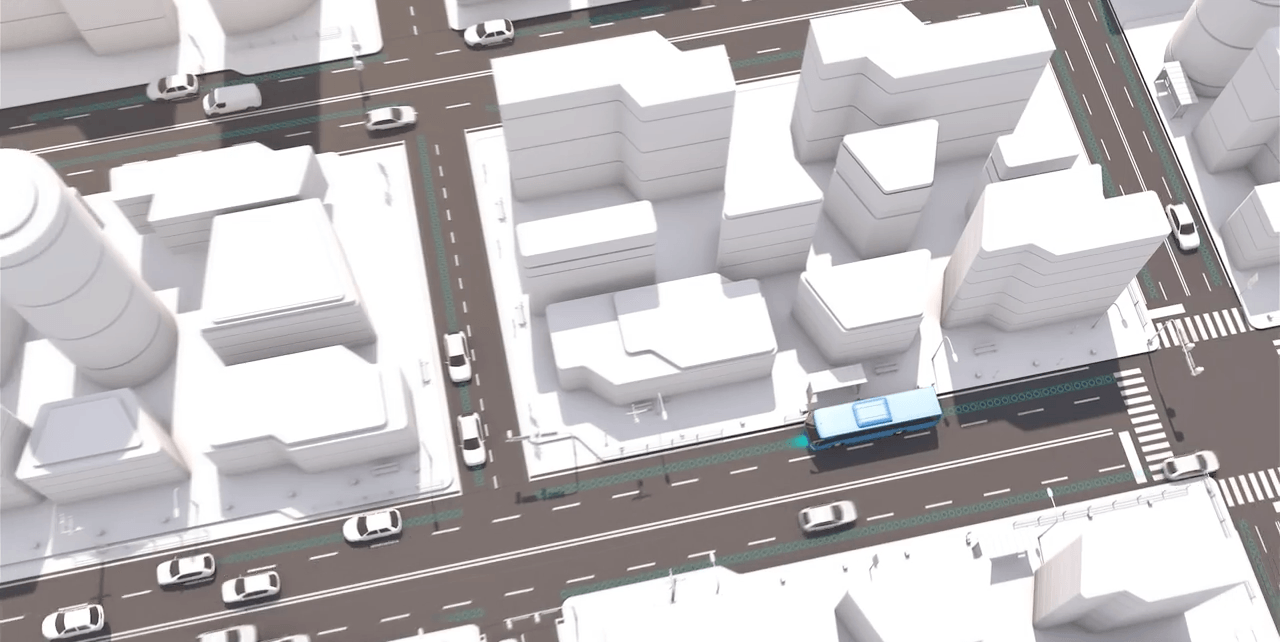In the Arava region in southern Israel there is Capital Nature, an incubator for early stage green start-up companies that funds researches in the area of renewable energy. Here we’re standing with Oren Ezer, co founder of ElectRoad, in front of what it seems to be one of the biggest road improvements since the Romans paved their empire (no photos allowed).
Ezer aims for a change in the way we build roads, “I believe in evolution, not revolution” he says. “Electric mobility must be the solution to traffic pollution”. Electric vehicles can solve air pollution problems faced in urban areas. But their batteries can only produce enough power for limited distances, and are also heavy and expensive. “ElectRoad takes a different approach in dealing with these challenges by developing a unique technology that powers the vehicle wirelessly from the road while driving”.
As the name suggests, they want to turn any road electric and envision vehicles without the need for a battery and long charge cycles. ElectRoad’s proposal for an energy-generating road isn’t the first: there’s been plans for a smart highway in The Netherlands, electromagnetic roadways in China and Qualcomm Technologies’ smart city transportation solutions. “The concept is the same. Is the technology used that’s different” Ezer points out.
With ElectRoad the energy needed will come directly from the ground, thanks to charging stations - made of copper and rubber - embed in the road that will power the car when in movement. Powered coils beneath the road would accomplish this by inducing a current in coils attached to the bottom of the car. The technology is actually old, the innovation lies in its large-scale application. It is called Air-Core Transformer and it’s used to power smartphones or other devices without a direct wire connection.
With their first product, a dynamic wireless electrification system for urban transportation, they are focusing on buses. “The technology has been successfully tested five months ago in Tel Aviv” Ezer explains. “In just one night we converted 20 meters of road, installing the panels eight centimeters below the asphalt. For a month we tested the public electric bus number five for durability and performance in real city conditions”. A bus will be able to travel for up to five kilometers on a regular road after being charged on the electric road. Autonomous vehicles, for instance, could drive continuously without having to stop to recharge.
ElectRoad has won a grant from the European Union’s Horizon 2020 program and Ezer is confident that we are witnessing the final days of fuel and vehicle emissions: “We need a few billion dollars to put the technology in all Israel, and the whole country will become electric”. Their hope is to enter the market using infrastructure contractors and bus companies that work on transportation projects with local authorities, starting from Israel and then paving their way across Europe.
Next Nature Network was a guest of Vibe Israel and took part in the Vibe Eco Impact Tour in December 2016 to explore sustainability initiatives in Israel.
Image via ElectRoad

Share your thoughts and join the technology debate!
Be the first to comment